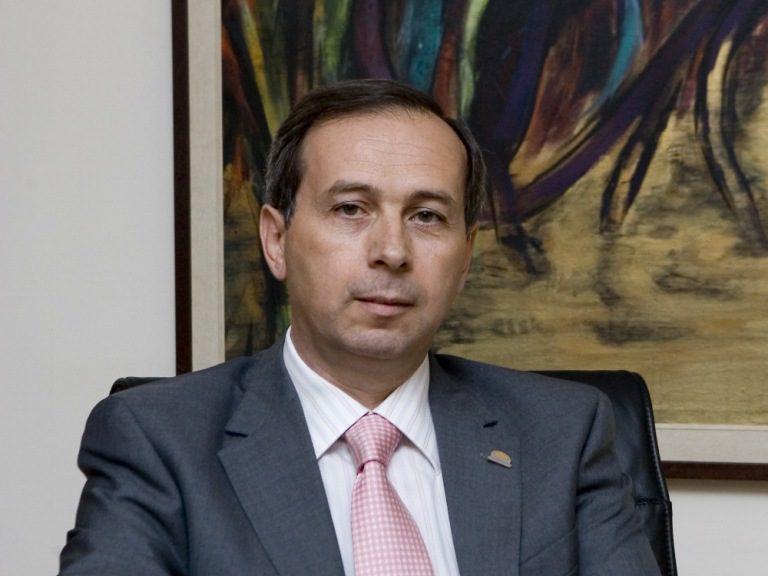The Bank of Dodecanese (BOD) is visiting Melbourne this week on a mission to create new economic ties between the Dodecanese and Australia.
The visiting delegation is led by BOD’s president Mr George Fronas, who told Neos Kosmos, “this exploratory visit aims to make contact with the Dodenanese and Greek community in Australia. We’re coming with attractive investment proposals, which gives people the opportunity both to support the bank and make an investment with a very competitive return.”
During the course of the visit, details of the bank’s cooperative share offer will be presented at promotional events in Sydney and Melbourne.
“We have the capacity at this time to offer cooperative shares at a particularly good price, the price is determined by the bank’s continuing excellent financial results,” said Mr Fronas.
The bank says that its main objectives over the next two years are to support the economies of the Dodecanese islands, and to assist the growth of small and medium enterprises in the islands.
During the past ten years the bank has grown rapidly.
Today it operates a network of 20 branches in 11 islands in the Dodecanese and a branch at Piraeus. In the Dodecanese it holds a market share of around ten per cent serving more than 14,000 households and 6,500 businesses.
Apart from supporting local entrepreneurship BOD has pioneered banking access to all the Dodecanese islands. The influence of the bank on the life of the islands’ inhabitants and their businesses, has been profound. Through the bank’s operations, small islands like Kasos, Nisyros, Lipsi and Tilos that had no previous banking services, now have online and real-time access to banking markets.
BOD says that it has met the difficult situation of the Greek economy over the last three years by maintaining a conservative policy of expansion and subsequently retaining its growth rate.
The value of BOD’s assets are in the region of $430 million and its capital base is supported by approximately 22,000 partners. The net profitability of the Bank over the last two years has been around $1.9 million. The capital adequacy ratio of the bank (capital – weighted total assets) was 12.9 per cent in September 2011.
Despite the major changes taking place in the European banking sector and the Greek economy, BOD says its future remains bright, due to its size which allows for flexibility, and its local nature; the still thriving tourist industry of the Dodecanese has maintained a relatively stable economic environment, despite the major economic upheavals being felt elsewhere in Greece.
The Bank of Dodecanese is part of a network of 16 Greek cooperative banks and the Panellinia Bank. It is not involved in bonds and derivatives and like all major financial institutions in Greece is supervised by the Bank of Greece.
The BOD delegation will be holding presentations in Melbourne and Sydney until 31st March. Individuals and businesses interested in attending should contact the bank’s spokesman Mr Pandelis Georgakis who is with the delegation on +30 697 4600 502.








